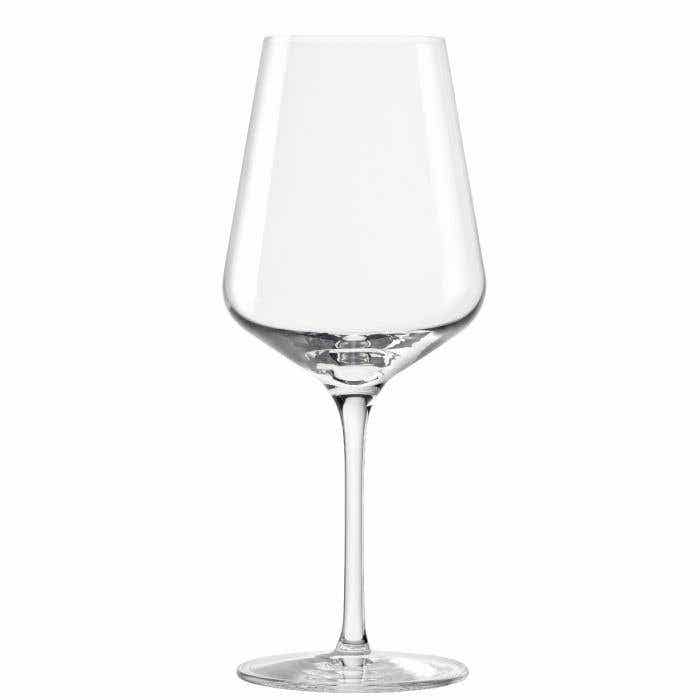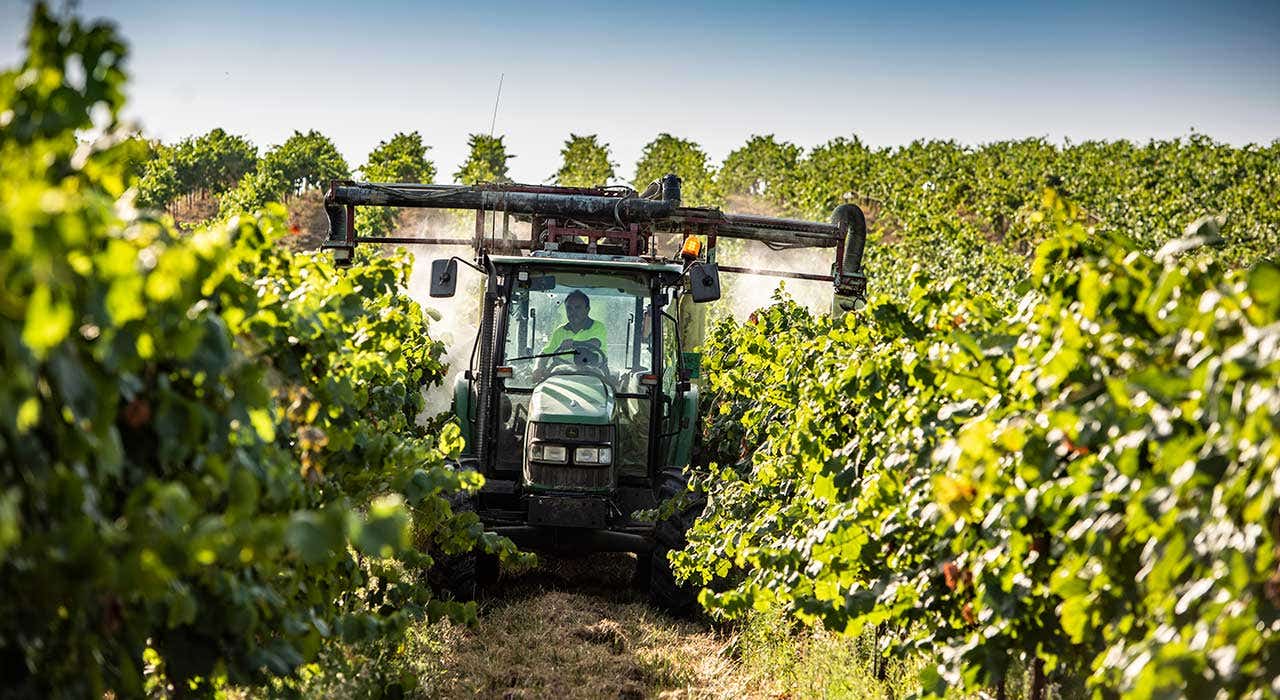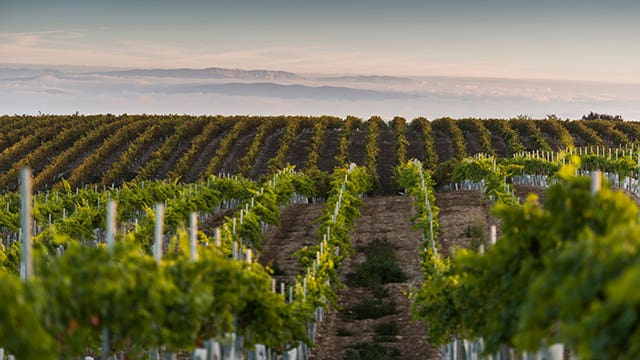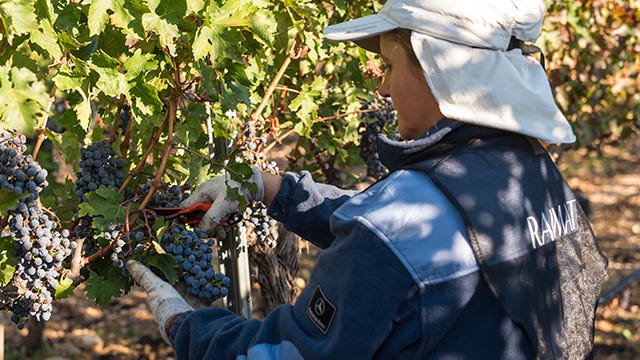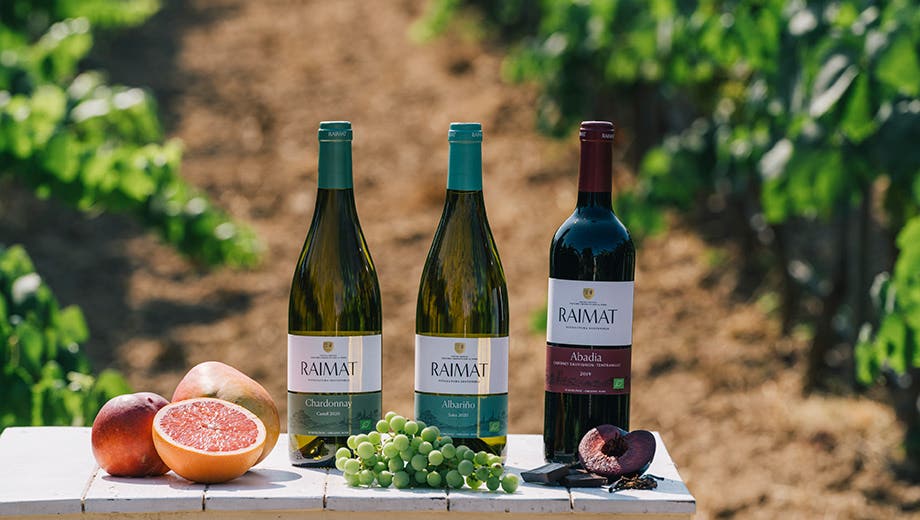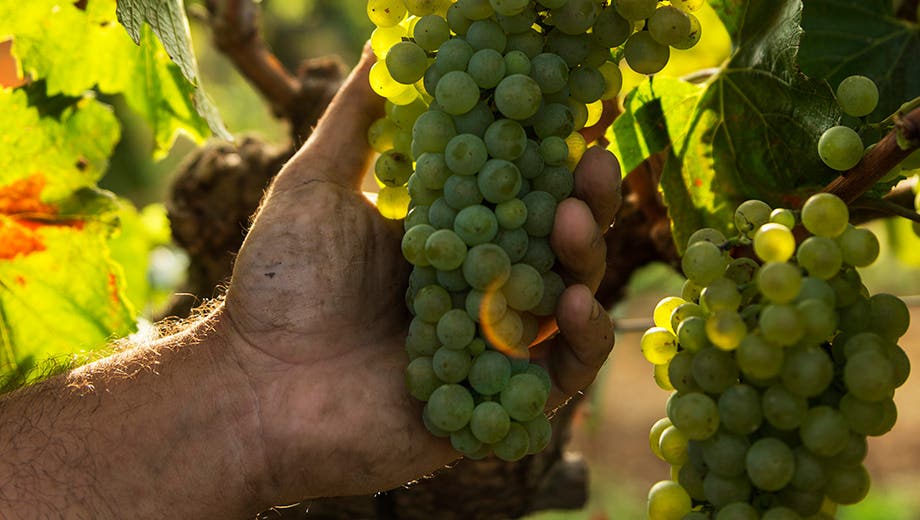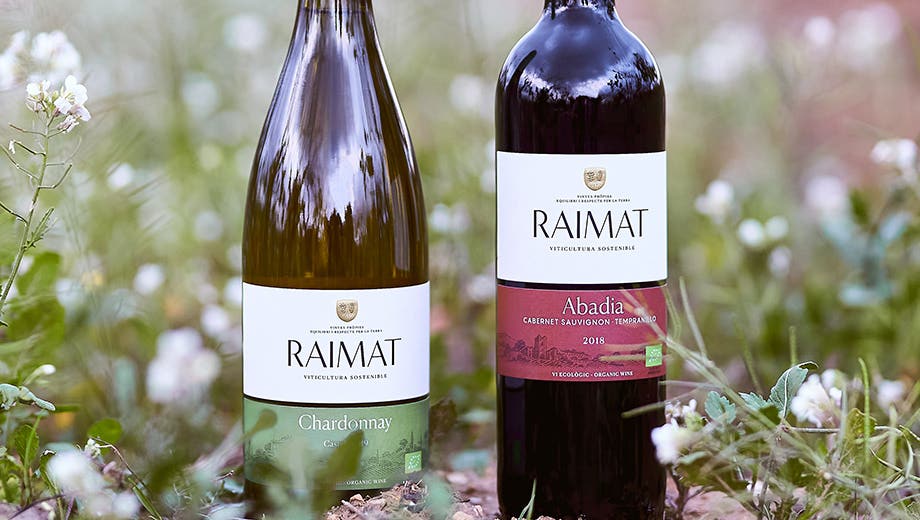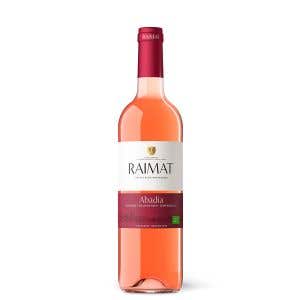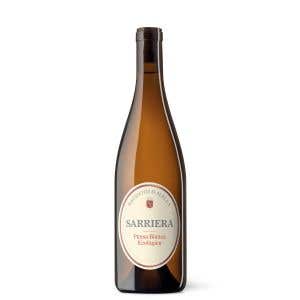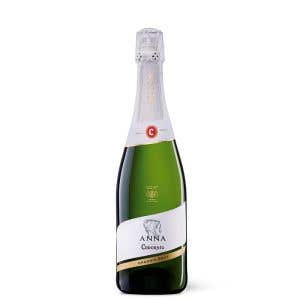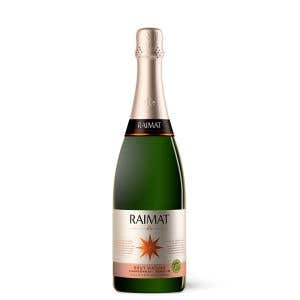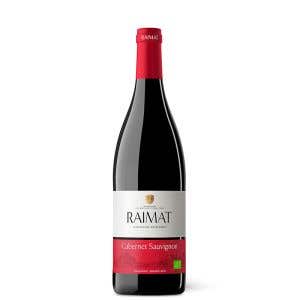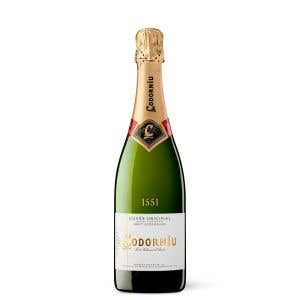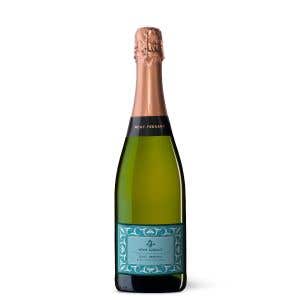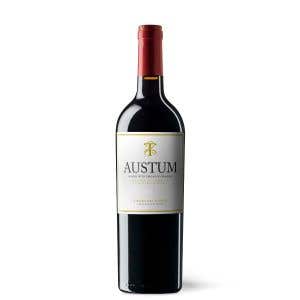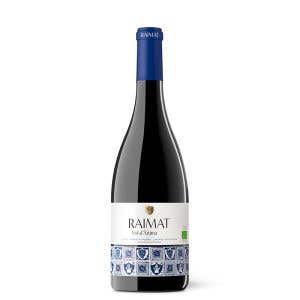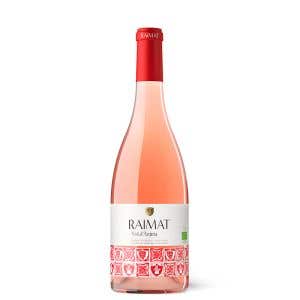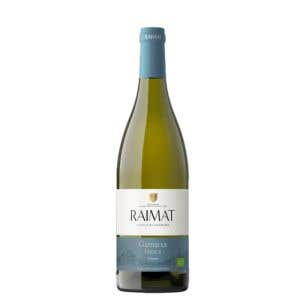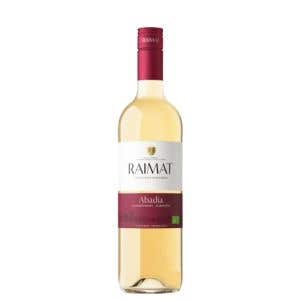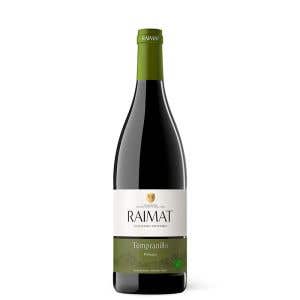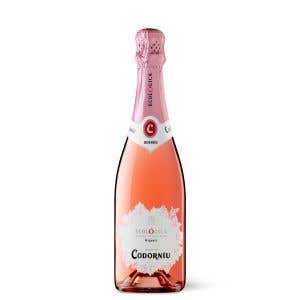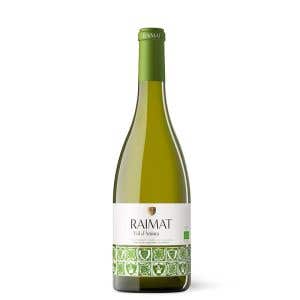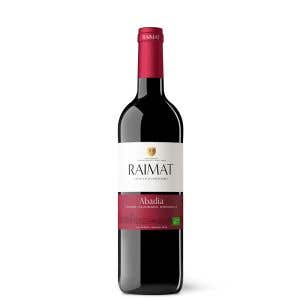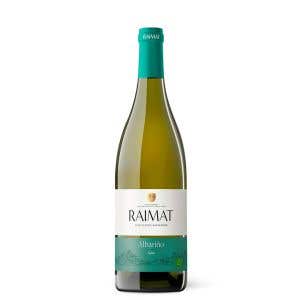Biodynamic wines, universal harmony
Finally, the methodology of biodynamic wines is even more complex because it requires the absence of systemic products in the cultivation of the vineyard that is promoted by ecological viticulture, but also incorporates other practices, in accordance with the ideas that the Swiss philosopher and educator Rudolf Steiner (1861-1925) brought to light.
Challenging mechanization and the productivity methods of the industrial revolution –which were changing the reality of agriculture–, Steiner proposed a new formula of exploitation where the animal, mineral and plant universe maintain a harmonious relationship. This approach prioritizes the influence of the stars on the development of crops - the lunar calendar is key to any intervention in the vineyard, including also in the oenological processes that are carried out in the winery - and it rejects the use of machinery in the field, returning prominence to draft animals.
Steiner also defends the survival of the unique nature of each soil: insects and plant covers. As well as recommended the use of infusions and decoctions of plants to keep pests at bay. The best compost? Compost of animal manure. The recipes seem ancient, except for some that seem a bit more eccentric: in spring the vineyard must be treated with a preparation that seems to have been taken from a Druid story: a cow's horn emptied of its cartilage and filled with animal excrement, energized in warm water.
In the oenological processes of winemaking in the winery, biodynamic winegrowers must use minimum doses of sulfur dioxide (SO2) –the most widespread antibiotic in oenology, which is used to eliminate contaminating bacteria that can affect wine–; while the addition of sorbic acid and the acidity correction are prohibited. Fermentations take place with the indigenous yeasts of the grape and the wines are generally bottled without prior filtering.
Although the principles of biodynamics are often disputed as being excessively rigorous and eccentric, every day more and more winemakers and wineries are adopting its practices, at least partially. Those who follow this philosophy to the letter can aspire to the Demeter certification, the most valued certificate in the field of biodynamics.
Spain leads the world ranking of organic vineyards, with 27% of the "green" vines grown on the planet.
Ecology and sustainability
In the offer of 15Bodegas, the alternatives of organic wines are numerous. Especially regarding the Raimat range, which made a commitment to ecology and sustainability years ago, trying to obtain excellence in its wines without forcing or altering the balance of the environment, through less aggressive agricultural techniques and production processes that avoid the overuse of resources. This is how today this winery has a dozen wines with organic certification, of different styles and types. As an example, the whites Raimat Grenache Blanc Ventada Organic and Raimat Chardonnay Organic 2020, the Rosé Organic Rosé Vol d'Ànima de Raimat 2020 and the reds Raimat Abadia Organic 2018 - a great classic of the house, now available in a bio version - and Raimat Tempranillo Pirinenca Organic 2018.
Do you dare to be more bio by toasting with these wines?





